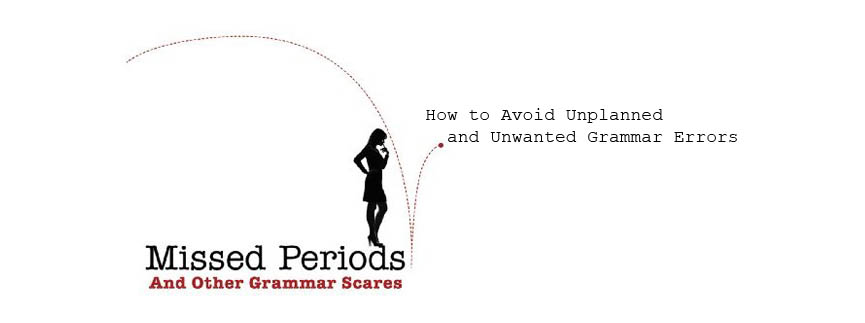 I think the person I relate most to these days is Kate Gosselin.
No, I don’t have an ex-husband who suffered an Ed Hardy addiction, nor do I have
a brood of children, but if it’s true what they say about childbirth—that women
forget about the intensity of the pain and keep having more—then we have
something in common.
I think the person I relate most to these days is Kate Gosselin.
No, I don’t have an ex-husband who suffered an Ed Hardy addiction, nor do I have
a brood of children, but if it’s true what they say about childbirth—that women
forget about the intensity of the pain and keep having more—then we have
something in common.
If you read my last post, you know that I just moved—and that I absolutely
hate moving. (I know, shocking!) However, I thought about it and realized that
I have moved over a dozen times in the past ten years. Hence, the Kate connection:
I must keep forgetting about the pain.
At least you can’t say I don’t embrace change, right? I bring
that up because I was listening to NPR the other day, and Matthew J.X. Malady,
a writer for Slate, proposed a change
I am not on board with, and I don’t want you to think it’s simply because I
fear change.
The change is regarding the apostrophe. He believes it’s unnecessary.
He said that it’s becoming a trend to leave apostrophes out, and as the
language evolves, the apostrophe will go the way of Jon Gosselin’s career.
And I get it: I don’t need the apostrophe to identify the
words cant and dont. But what about the following sentence:
Well be
there on time.
Well could be
the contraction for we and will, but the sentence could also be a
command that’s missing a comma:
Well, be
there on time.
I guess we could probably rely on the context of the
conversation to discern the meaning, but then there’s the whole issue with
possessives. Without the apostrophe, we don’t know if we’re dealing with
singular or plural possession. If we leave the apostrophe out of the following
sentence, the meaning is ambiguous:
It was his kids idea to stage an Ed Hardy intervention.
Without the apostrophe, we don’t know if it was only one of the
kid’s idea to stage the intervention or all of the kids’ idea.
What do you think about the survival of the apostrophe?
 I can't tell you how disappointed I was when I heard this morning on the radio that the most popular Halloween costume this year is predicted to be the Twerking Miley Cyrus. "Great!" I thought to myself. "Now what am I going to go as?".
I can't tell you how disappointed I was when I heard this morning on the radio that the most popular Halloween costume this year is predicted to be the Twerking Miley Cyrus. "Great!" I thought to myself. "Now what am I going to go as?".




